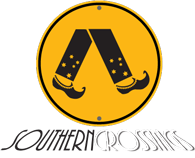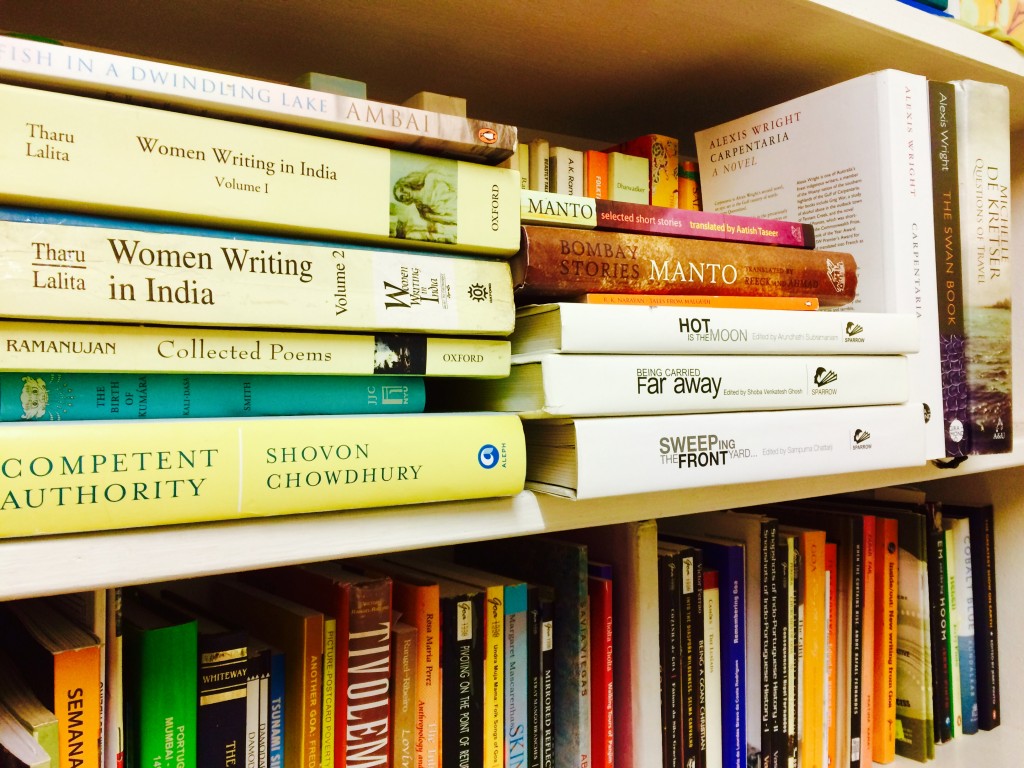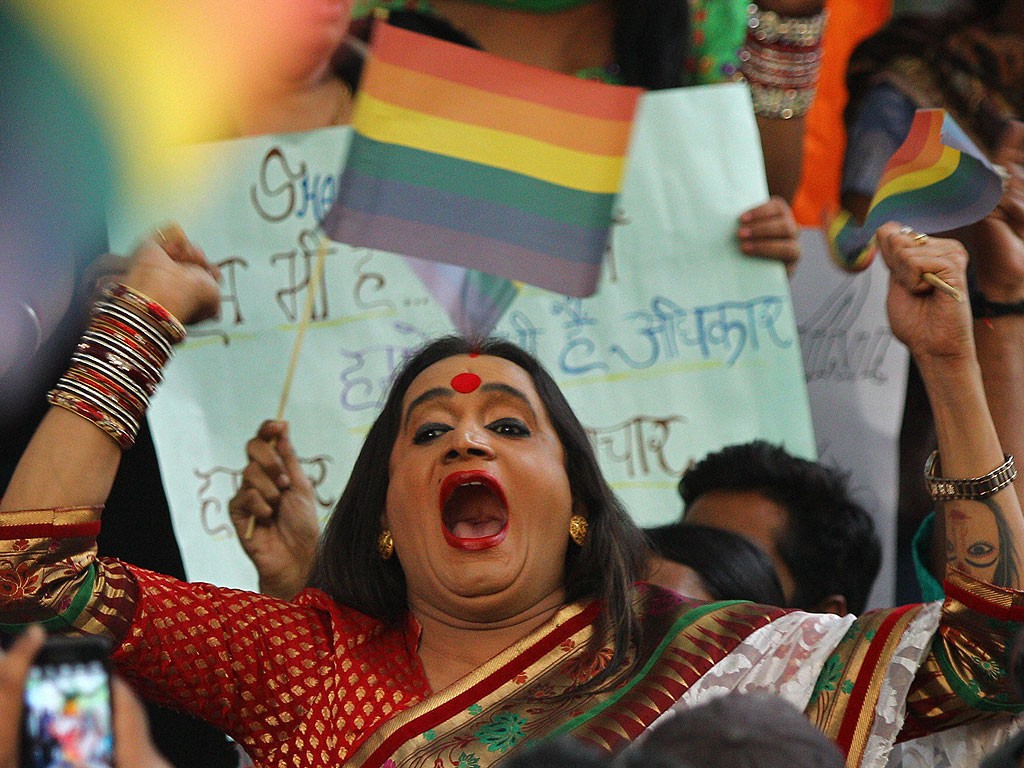By Roanna Gonsalves
(This is a reworked version of the summary observations I was invited to present at the conclusion of ‘Beyond Tick Boxes’, a symposium organised by Diversity Arts Australia, or DARTS, at Casula Powerhouse, on Thursday, June 29, 2017)
Good afternoon everyone. I’d also like to acknowledge the indigenous people of this country, the Cabrogal Clan of the Darug Nation, on whose land we have gathered today. I would like to say thank you to Lena Nahlous and Kevin Bathman for inviting me to give you a very short and incredibly opinionated summary of my observations today.
I have three main observations. They are colour-coded: red, black and yellow.





